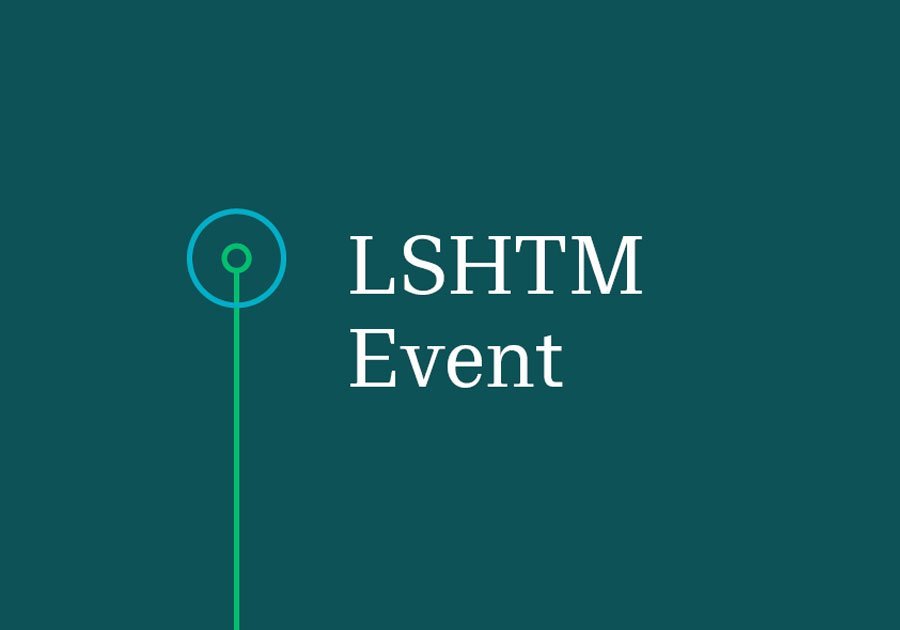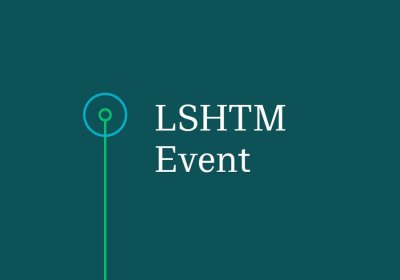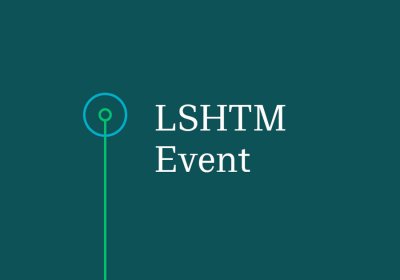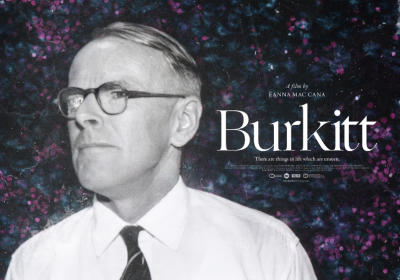‘Living in the Dark Ages’ – the patient experience of using insulin injecting devices in twentieth century Scotland
Examination of patient experiences with using injecting devices to manage diabetes in Scotland since the 1950s.

This presentation explores patient’s experiences with using injecting devices to manages diabetes in Scotland since the 1950s. Its target audiences is students and staff interested in the history of diabetes in the UK, as well as the broader histories of medical technologies and patient consumerism.
The discovery of insulin in 1921 famously transformed diabetes from an acute disease into a chronic condition and reinforced public acceptance of the interdependency of drug discoveries and medical technologies. Not only did insulin begin to increase life expectancies but it introduced people with diabetes (PWD) to new experiences and relationships with medical professionals, pharmaceutical industries, patient organisations, society, and their own identity. These social changes and interactions can be observed through technological development in the management of diabetes. With insulin required to be administered daily, patients became expected to be able to self-inject, thus inextricably linking them to their injecting devices. Previous contributions to the history of diabetes often assume that technology provided independence, agency, and empowerment. This presentation questions this assumption by considering how patients accessed and used injecting devices in Scotland throughout the twentieth century, as a patient, a consumer and as a citizen.
Rooted first in the study of archival records, oral history testimonies of PWD in Scotland were recorded to support an investigation into the day-to-day experience of using different injecting devices to manage diabetes since the 1950s. As Harry Marks claimed, ‘the provision and use of medical technology varies by country, region, race, gender, and socio-economic status’. How PWD across Scotland’s regions experienced insulin injecting devices was significantly shaped by regional and economic access, as well as by how, who, and where devices were used. By considering injecting devices within the complex and changing network of multiple actors, the development, from glass syringes to modern insulin pens, can be observed as both empowering and disempowering. Moving into the twenty-first century, as medical technology advances at an even greater pace, such details of the patient experience deserve to be at the forefront of social, medical, and political discussions.
Speaker
Luke Whittle
Luke Whittle is a PhD candidate in History at the University of Dundee. His research is supported and funded by the AHRC and the Scottish Graduate School of Arts and Humanities (SGSAH). His doctoral thesis, ‘Diabetes in Scotland: Patient Agency and the Doctor-Patient Relationship, 1920-2000', builds upon his existing research interests in the social history of medicine, diabetes and insulin, patient voices, and the management of 20th century Scottish healthcare.
Event notices
- Please note this event is virtual only.
- Please note that this session will not be recorded.
Admission
Contact


